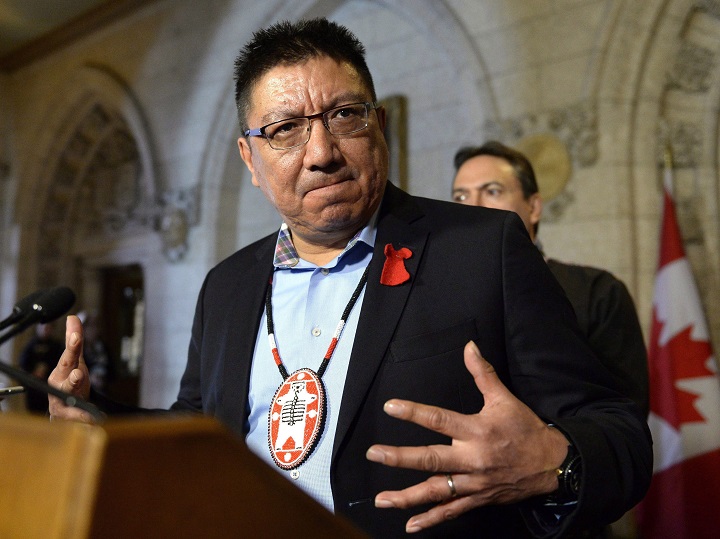OTTAWA – A group of physicians who provide medical care to First Nations in northwestern Ontario are calling on Prime Minister Justin Trudeau and Health Minister Jane Philpott to address the “escalating” mental health crisis in those communities.

More than 20 doctors outlined their concerns in a letter released ahead of an Ottawa meeting set for this afternoon, noting they are distressed by the perpetual mental health crises in First Nations communities.
“While government bureaucracies maintain funding and health system design, First Nations are left with the blame for health system failure,” the letter said.
“They are also left with the results of health system failure: more suicides, more disease morbidity and more broken families and communities.”
Later today, Philpott and Ontario Health Minister Eric Hoskins will discuss suicide and regional health problems with Nishnawbe Aski Nation (NAN) Grand Chief Alvin Fiddler — the head of an umbrella organization representing 49 reserves in northern Ontario.
They are also expected to sign a joint charter to outline how they can work together to overhaul the way health care is delivered to northern Ontario reserves.
Part of the overhaul required involves giving more resources and responsibilities to First Nations themselves, the doctors argue, because the bureaucracy does not have the proper tools to implement prevention and treatment plans.
“Short-term crisis response intervention cannot be the backbone of any health system,” their letter said.

Get weekly health news
“This is what we have accepted in the current government health system design … we ask that you invest in community-led health transformation.”
For his part, Hoskins said Ontario will send 20 new full-time mental health workers to Pikangikum First Nation — a remote community located near the Manitoba border that has long struggled with a suicide crisis including, most recently, the deaths of four young people.
He said the workers will go to the reserve immediately — at a cost of about $1.6 million — and will remain as long as needed. The investment comes after the province heard from the community about a serious need for trauma and mental health supports including from about 380 people seeking counselling.
Hoskins also believes changing the current approach involves giving more control to First Nations in Ontario to direct and manage care, pointing to a successful model used in B.C.
“I am not suggesting we simply transplant that one here but they’ve proven it can be done,” Hoskins said in an interview.
“First Nations leadership and health workers on the front lines want it to be done here so that’s where I am really passionate.”
In October 2016, NAN, the Manitoba Keewatinowi Okimakanak — an organization representing communities in northern Manitoba — and the Saskatchewan-based Federation of Sovereign Indigenous Nations sent Philpott and Indigenous Affairs Minister Carolyn Bennett a joint submission to outline their plan to change care across their territories.
“Indigenous Peoples must be the ones leading this health transformation,” the organizations said in a letter.







Comments